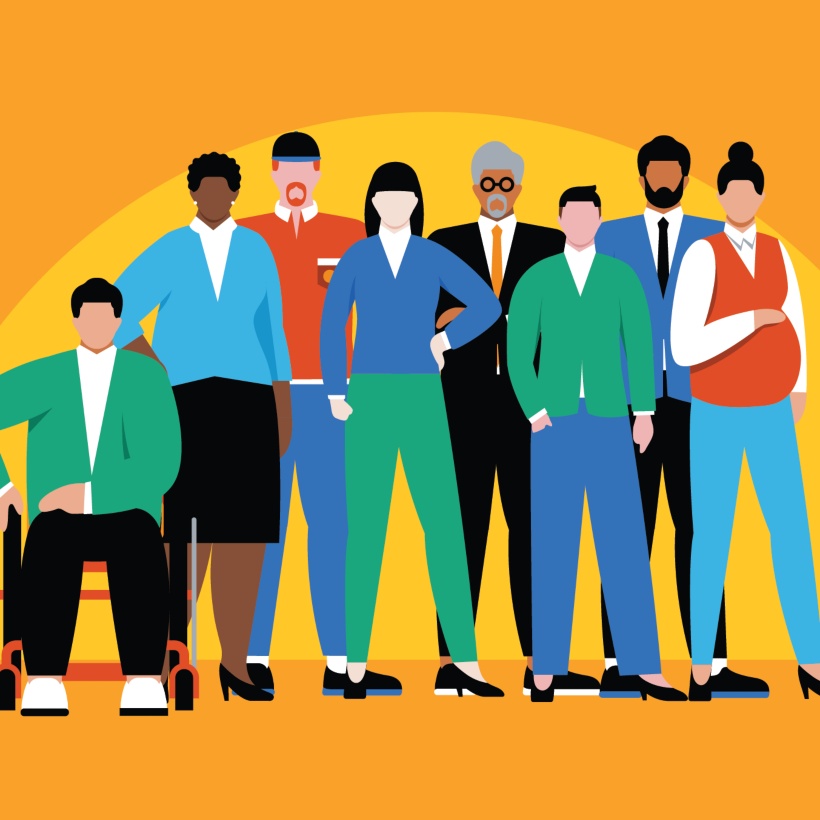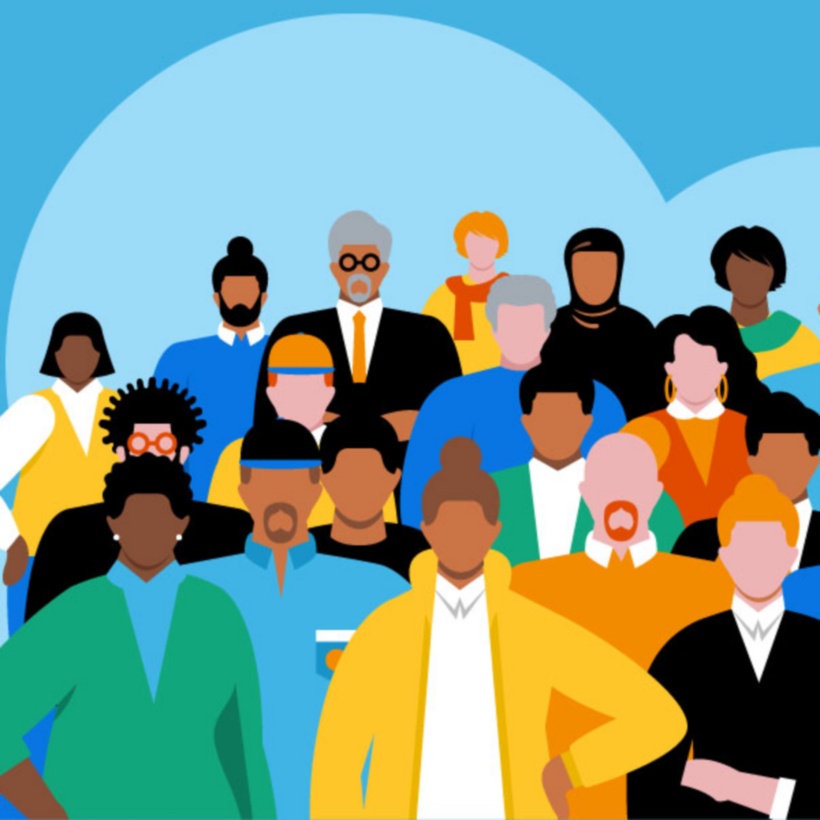How do you feel your generation approaches life and career, considering what you know of earlier generations of Latinx people? How are your generation’s career expectations different from your predecessors?
Natalia Alvarez, a software development engineer at Workday, is based in the San Francisco Bay Area:
I was born in Mexico City, Mexico, and my immediate family and I moved to California when I was 5 years old. Growing up and living in the 21st century in the United States has been a different experience than what other generations have known. In previous generations, Latina women didn’t always get that freedom or the opportunity to do what they wanted. Often, they were forced down paths that were expected of that generation.
Looking back at everything that has changed in the last 20 years, I’d say Latinx members of Generation Z have more opportunities to find a career or passion that they want to pursue. For instance, when I was in college, I had the flexibility to take classes that interested me, which ultimately led me to pick a major that I felt passionate about.
For the Latinx of my generation, more people are changing jobs and moving to different parts of the world for careers they are passionate about, which is wonderful because everyone has the right to pick what they want to do. Life experiences have changed the way the Latinx members of Gen Z view their work lives, and I’m proud to be at a company and in a job that makes me happy—and have the ability to choose my career path.
How has being part of the Latinx Employee Belonging Council (EBC) influenced your own relationship to Latin culture and how you show up as your authentic self at work?
Pablo de Legarreta, a principal functional consultant at Workday, is based in Frisco, Texas, and a project lead with our Latinx EBC:
Originally from Mexico City, I experienced culture shock when I moved to the United States as an adult. Cultural norms, food options, social interactions, misconceptions about Latin American countries, and holidays were some of the differences I experienced, so I had to learn the new culture and adapt to new surroundings. When I meet people from other Latin American countries, I seek to learn more about their cultures and share my cultural background and experiences with them. Being a member and part of the leadership team at Latinx EBC opened up more opportunities for me to learn the cultures and histories of other Latin countries, making me realize how similar and yet how different our Latin cultures are. This has helped me to better understand other people’s points of view and become a more empathetic person.













